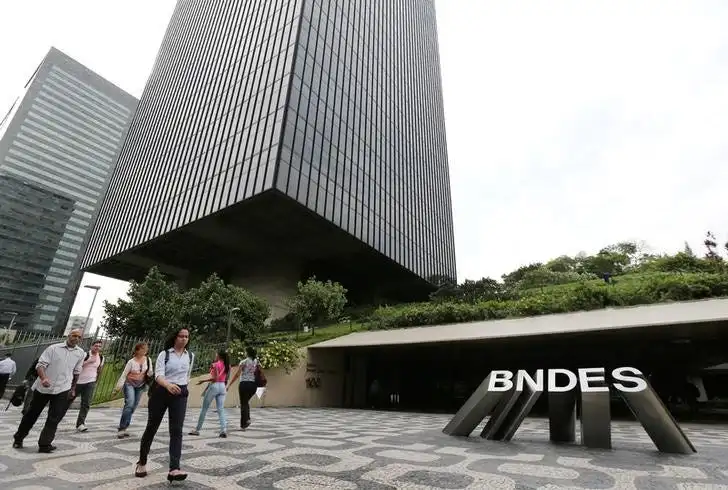On December 1, 2023, the Brazilian Development Bank (BNDES) took charge of the Green Coalition’s Steering Committee.
Announced at the COP28 conference in Dubai, this coalition includes 17 Amazon region development banks. They collaborate with global financial institutions.
Their plan commits $20 billion over seven years to Amazonian sustainability. This initiative focuses on combating climate change.
Key areas include reforestation and promoting sustainable economic growth. Such efforts are vital for the Amazon’s health and local communities.
Brazil will steer this coalition for two years, presenting results at COP30 in 2025. This period underscores Brazil’s dedication to sustainable Amazonian development.

The coalition targets four key areas: mobilizing resources, supporting local development, fostering financial innovation, and creating sustainable finance frameworks.
These goals aim for impactful and transparent resource use in the Amazon.
BNDES President Aloizio Mercadante emphasizes the importance of this project. He notes its potential to provide sustainable solutions for the Amazon’s diverse inhabitants.
This venture is a significant Latin American contribution to global environmental conservation, highlighting the region’s role in addressing climate change.
Brazil’s evolving environmental policy
The BNDES’s leadership signifies Brazil’s evolving environmental policy. Brazil has long led Amazon conservation, owning a large part of the rainforest.
Now, this initiative places Brazil at the forefront of global environmental leadership.
Other Amazon basin countries have undertaken similar projects, but Brazil’s investment is unmatched. This action sets a new standard for regional environmental cooperation.
The coalition aligns with global environmental policy trends, reflecting efforts in Southeast Asia and Africa.
These regions increasingly link economic growth with sustainable development and conservation.
Brazil’s strategy merges economic progress with ecological care. This approach can serve as a model for other nations, showing how to balance economic and environmental goals.
The project’s success may shape future regional and global environmental policies.

